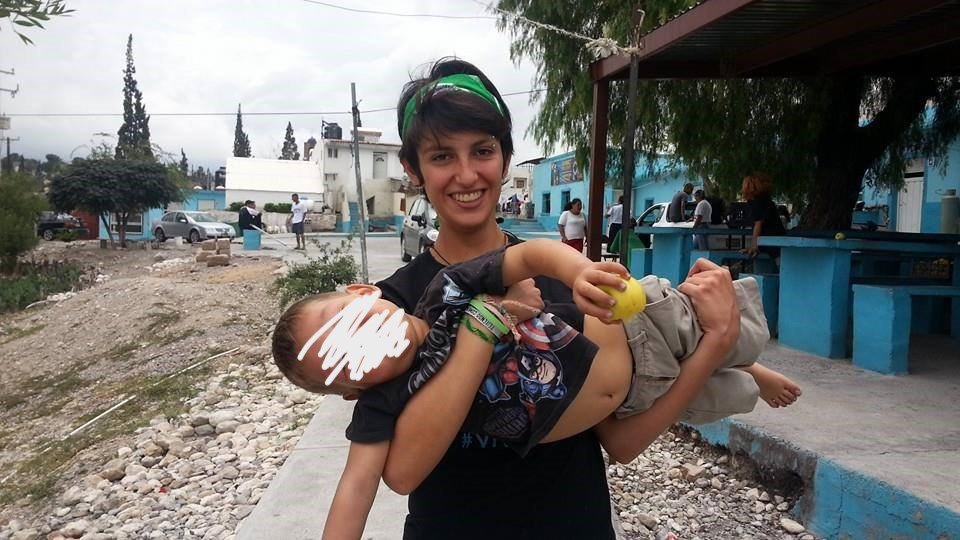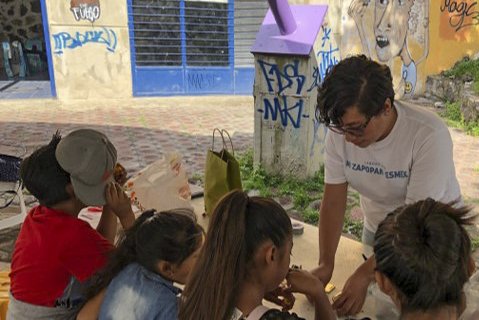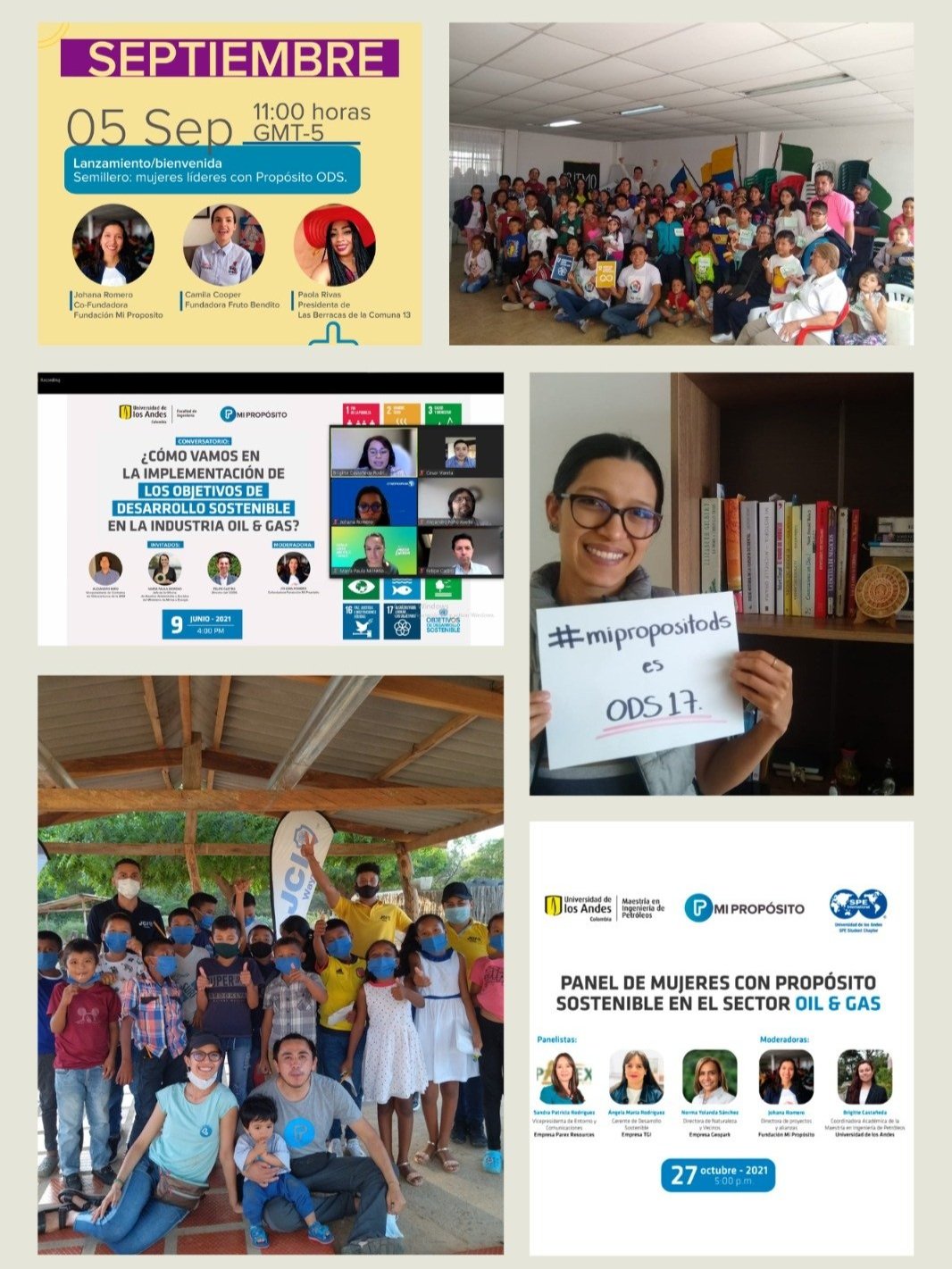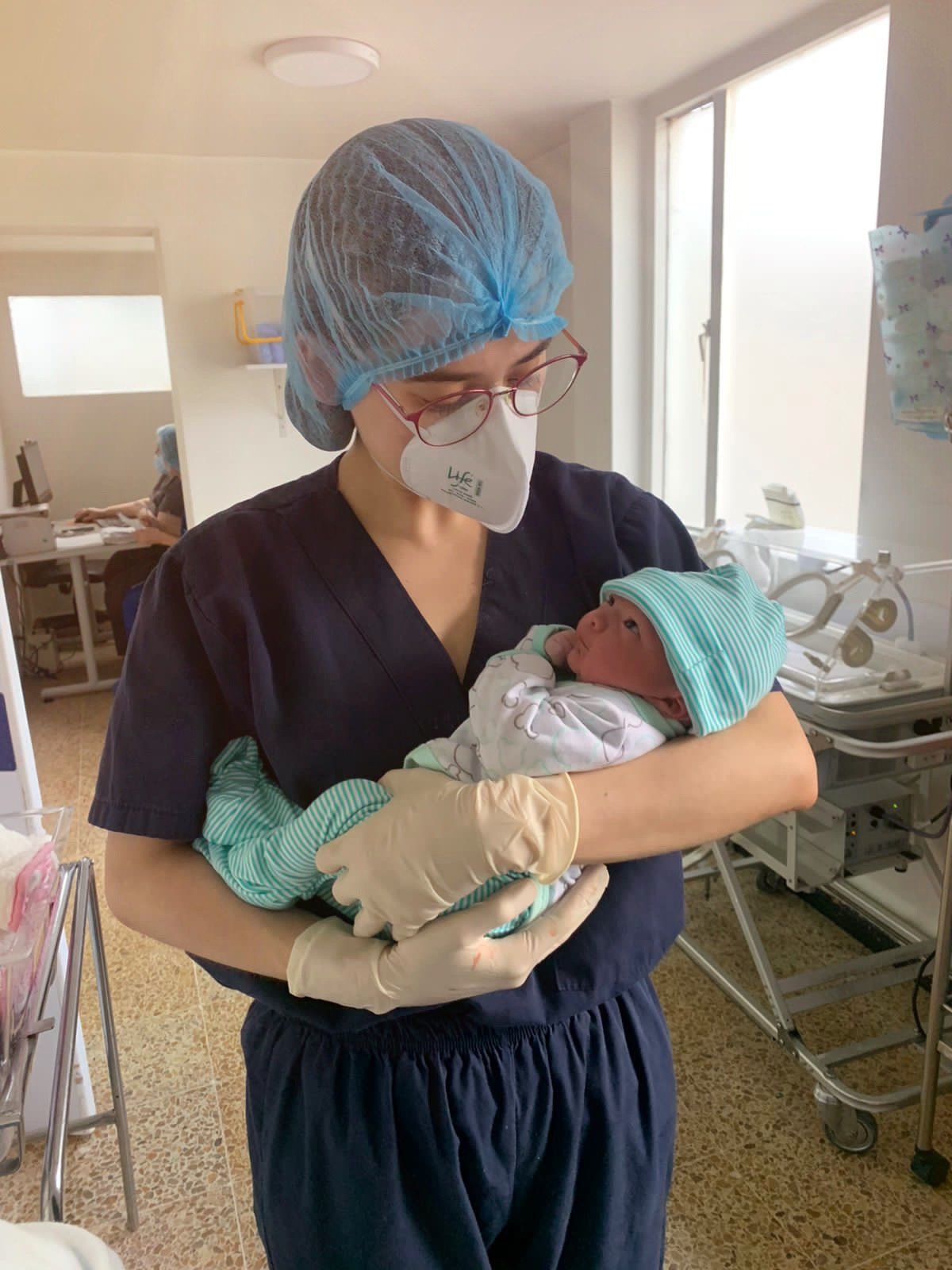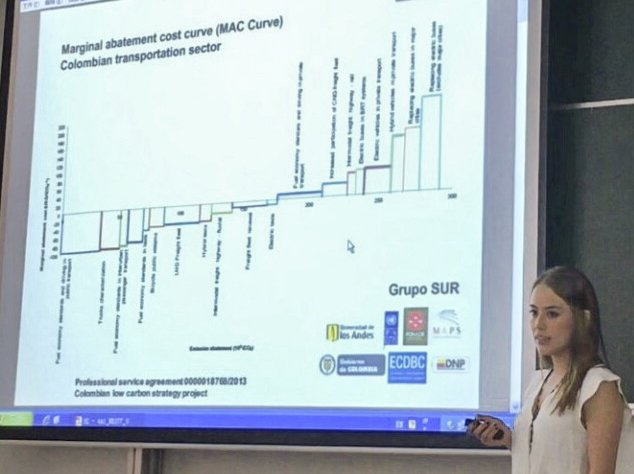Audio transcript at the bottom of the page
Rebeca Austria Mejía (28), from Mexico, is completing her doctorate in political science at FLACSO, Mexico. In her thesis, Rebeca investigates the challenges and achievements that have occurred since abortion was decriminalized in Argentina and Colombia.
In her research, Rebeca investigated support networks, working closely with activists, mainly abortion companions, which allowed her to build a clearer view of the real day-to-day problems faced by those seeking an abortion. She concluded that while decriminalization is a democratic debt, the legality of abortion does not determine whether or not a woman has an abortion. Those who need one will do so regardless of the legal circumstances.
Now pursuing her doctorate, Rebeca continues to pursue the goal that women live their sexual and (non)reproductive lives freely, without fear or guilt. She wants to work with and echo the many feminist organizations that have pointed out the “fight for abortion does not end with decriminalization; this is only the minimum, which, once achieved, will open the door to new demands and spaces for advocacy.”
In the long term, Rebeca intends to work as a teacher and researcher to build academic activism that facilitates the generation of relationships between civil society and academia. Her doctorate will allow her to build a solid framework and promote the transformations needed in this regard.
Rebeca states that whether from academia, activism, or public service, she will continue to build alliances and bridges that allow us to walk together towards a different, perhaps better world.
Rebeca Austria Mejía (28), de México, está realizando su doctorado en Ciencia Política en FLACSO, México. Con su tesis, Rebeca investiga los desafíos y logros ocurridos desde que se despenalizó el aborto en Argentina y Colombia.
En su tesis de maestría, Rebeca investigó las redes de apoyo, trabajando estrechamente con activistas, principalmente acompañantes abortistas, lo que le permitió construir una visión más cercana a los problemas reales y cotidianos que enfrentan quienes buscan abortar. Reconoce que la despenalización es una deuda democrática, no obstante, la legalidad del aborto no determina si una mujer aborta o no, quienes lo necesitan, lo harán sin importar la situación.
Con su doctorado, Rebeca continúa trabajando con el objetivo de que las mujeres vivan su vida sexual y (no)reproductiva libremente, sin miedos ni culpas. Quiere trabajar y hacerse eco de las múltiples organizaciones feministas, quienes han señalado que la “lucha por el aborto no se agota con la despenalización, sino que ésta es sólo lo mínimo, que una vez alcanzada abre la puerta a nuevas demandas y espacios de incidencia”.
A largo plazo, Rebeca pretende insertarse en espacios académicos como docente e investigadora a fin de construir un activismo académico que permita generar relaciones de intercambio entre la sociedad civil y la academia. Este doctorado le permitirá construir un marco sólido para impulsar las transformaciones que se necesitan en ese sentido.
Rebeca afirma que “…desde la academia, el activismo o el servicio público, seguirá construyendo alianzas y puentes que nos permitan caminar juntas hacia un mundo diferente, quizás mejor…”.
Audio transcript: “I am doing comparative research between Colombia and Argentina. I originally was going to focus on how the implementation of abortion is working in the capital cities, but decided on also incorporating other regions, since concentrating on what happens in the capitals gives us a very partial view of what lies beyond.
I would very much like to bring these experiences to the Mexican situation too.
Now more than ever, research is relevant not only in academic terms, but also in political terms. I approach research from a feminist epistemology. And seeing now, for example, the panorama that is being experienced in Argentina, I think it is fundamental to look for these new strategies so that we do not depend only on the State and that our lives and our procedures, in this case abortion, do not remain only in the hands of a select group of people, but that we build horizontal networks that allow us to have procedures every day without any complications.”







